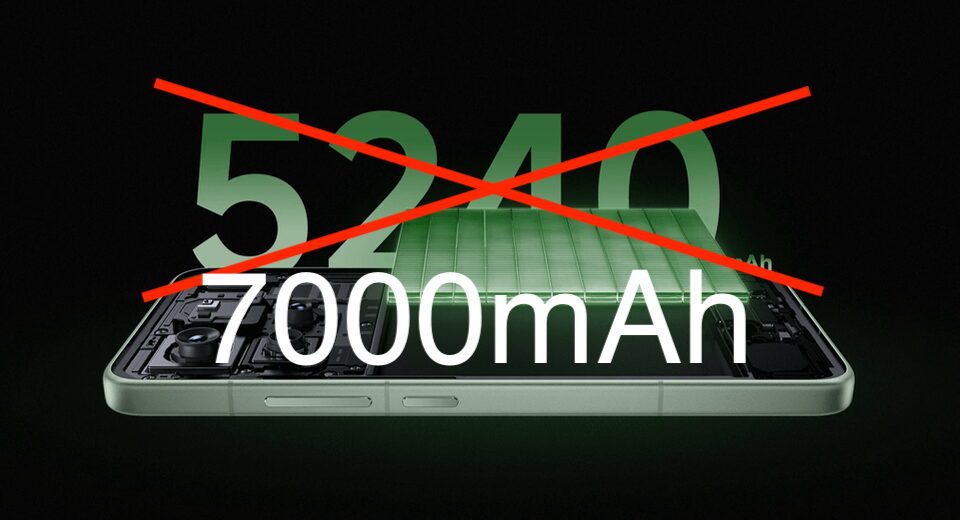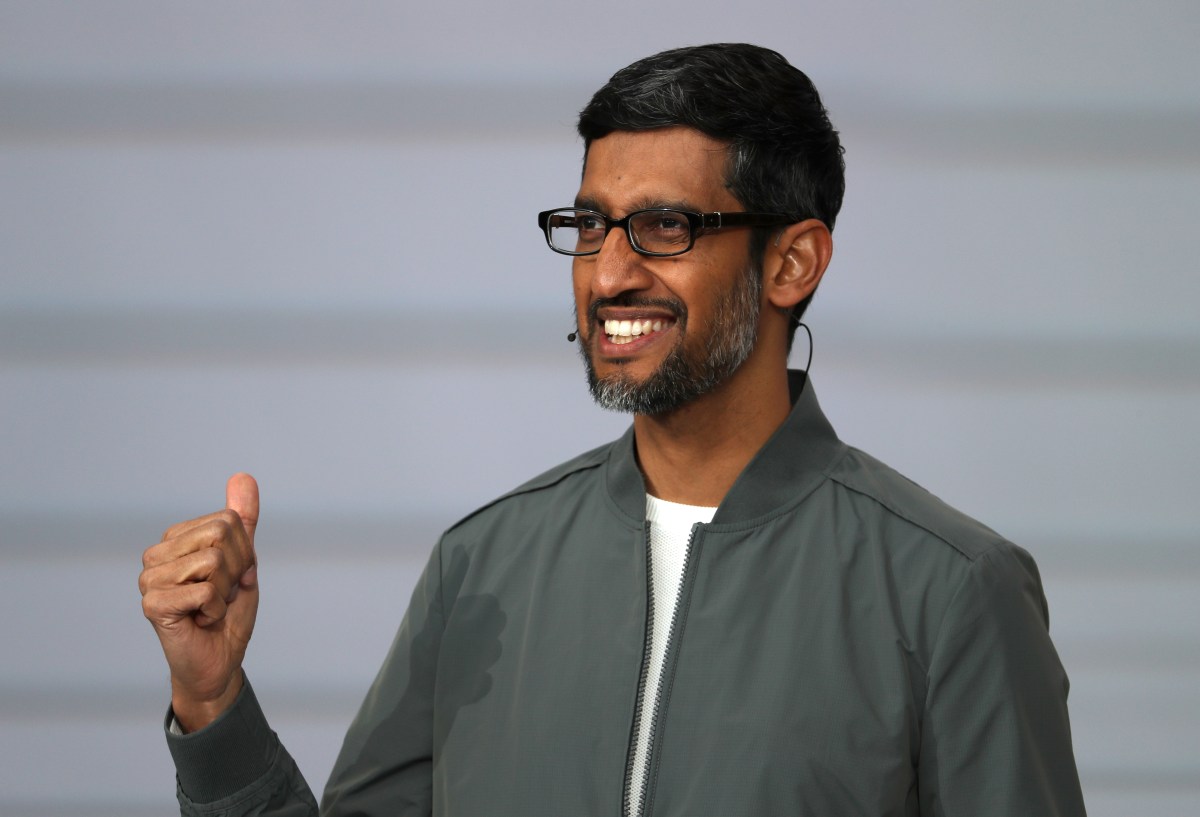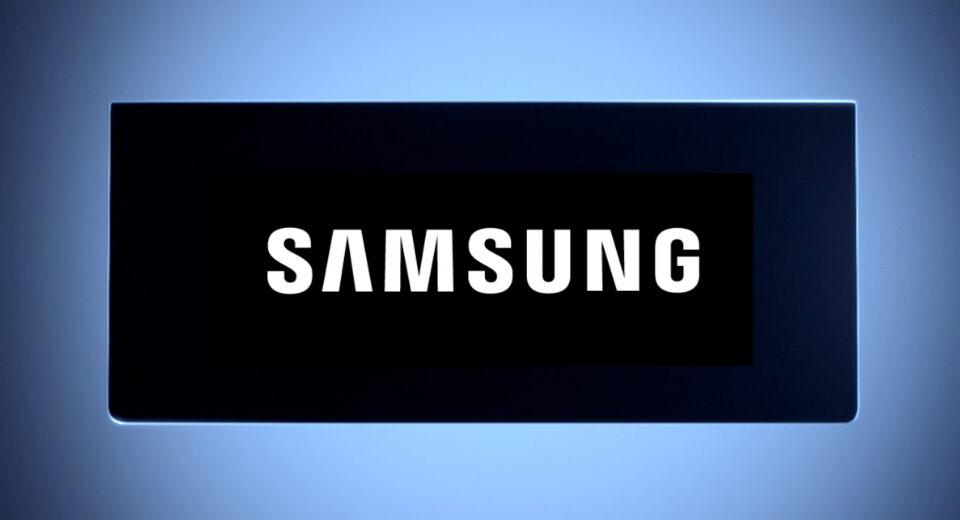Denouncing Antisemitism, Trump Also Fans Its Flames


President Trump’s effort to punish Harvard over antisemitism is complicated by his extensive history of amplifying white supremacist figures and symbols. In the Oval Office one day last week, President Trump renewed his no-holds-barred attack on the nation’s oldest university. “They’re totally antisemitic at Harvard,” he declared. Just 10 hours later, he posted an image of himself striding down a street with the caption, “He’s on a mission from God and nothing can stop what is coming.” Shown in the shadows, watching with approval, was a cartoon figure commonly seen as an antisemitic symbol. The appearance of the figure, the alt-right mascot Pepe the Frog, was the latest example of Mr. Trump’s extensive history of amplifying white supremacist figures and symbols, even as he now presents himself as a champion for Jewish students oppressed by what he says is a wave of hatred on American college campuses. As a younger man, Mr. Trump kept a book of Adolf Hitler’s speeches in a cabinet by his bed, according to his first wife. During his first term as president, he expressed admiration for some aspects of the Nazi Führer’s leadership, according to his chief White House aide at the time. In the past few years, he has dined at his Florida estate with a Holocaust denier while his New Jersey golf club has hosted events at which a Nazi sympathizer spoke. Since reclaiming the White House, Mr. Trump has brought into his orbit and his administration people with records of advancing antisemitic tropes, including a spokeswoman at the Pentagon. His vice president, secretary of state and top financial backer have offered support to a far-right German political party that has played down atrocities committed by the Nazis. And just last week, Mr. Trump picked a former right-wing podcaster who has defended a prominent white supremacist to head the Office of Special Counsel. Even some prominent critics of Harvard’s handling of antisemitism on its campus find Mr. Trump to be an unpalatable and unconvincing ally. In their view, his real motivations in using the power of the federal government to crush Harvard, seen by the political right as a bastion of America’s liberal, multicultural order, have little to do with concern about a hostile environment for Jewish students. “It is hard to see this as anything other than pretextual,” said Lawrence H. Summers, a former president of Harvard who has accused his university of being slow to denounce antisemitism and faulted its awarding of an honorary degree last week to Elaine H. Kim, an Israel boycott supporter. “There are valid grounds” for “challenging Harvard’s approach,” he added, “but it is hard to imagine a less credible challenger than President Trump.” He noted top Trump officials’ embrace of Alternative for Germany, or AfD, the far-right party classified by the country’s intelligence service last month as an extremist organization for trivializing the Holocaust and reviving Nazi slogans. And he argued that Mr. Trump’s order barring international students from Harvard would hurt Israeli students more than anything Harvard had done. Amy Spitalnick, the chief executive of the Jewish Council for Public Affairs, a nonprofit group that promotes an inclusive American democracy, said that “if this administration were serious about countering antisemitism, it would not be appointing antisemitic extremists to senior positions” and “it would not be normalizing antisemitic conspiracy theories that have fueled attacks on Jews and others.” The White House rejected criticism of the president’s past comments or appointments. “President Trump has done more than any other president in modern history to stop antisemitic violence and hold corrupt institutions, like Harvard, accountable for allowing anti-American radicalism to escalate,” said Taylor Rogers, a White House spokeswoman. Mr. Trump has long insisted that he is “the least antisemitic person that you’ve ever seen in your entire life,” often pointing to his own family as evidence. His daughter Ivanka Trump converted to Judaism to marry Jared Kushner, an Orthodox Jew and descendant of Holocaust survivors, and the couple are raising their children in the Jewish tradition. “My father-in-law is not an antisemite,” Mr. Kushner said during Mr. Trump’s first presidential campaign. The president’s supporters argue that Mr. Trump has a strong record of support for Israel. They cite his decision to move the U.S. Embassy to Jerusalem, his recognition of Israeli authority over the Golan Heights, his support for Jewish settlements in the West Bank and his push for Arab states to establish diplomatic relations with Israel. “Trump, based on some of the people he has met with, is an imperfect carrier of an antisemitic message,” said Ari Fleischer, a former White House press secretary for President George W. Bush who sits on the board of the Republican Jewish Coalition. “But the actions he has taken and the language he has used to protect the Jewish community are second to none. He is a fierce and strong voice on the side of America’s Jewish citizenry.” Mr. Trump on Monday denounced the weekend attack on a pro-Israel demonstration in Boulder, Colo., by a man yelling “free Palestine,” writing in a social media post that it “WILL NOT BE TOLERATED.” But he made no mention of antisemitism or Jews, focusing instead on the arrested man’s immigration status. Last week, Mr. Trump named Paul Ingrassia to lead the Office of Special Counsel, an independent agency fighting corruption and partisan politics in the federal work force. Mr. Ingrassia has praised the white supremacist Nick Fuentes, a Holocaust denier, as “a real dissident of authoritarianism,” and lamented the arrest of Timothy Hale-Cusanelli, a Nazi sympathizer who stormed the Capitol on Jan. 6, 2021. Mr. Ingrassia told NPR last month that he denounces hateful remarks and denied being “some sort of extremist.” Particularly striking last week was the president’s social media post of a manufactured noir image of himself marching down a darkened city street “on a mission from God.” To the side was Pepe the Frog, a cartoon character that according to the Anti-Defamation League has been adopted by alt-right antisemites as a symbol of white supremacy. It is not clear if Mr. Trump noticed the Pepe the Frog image in the shadows of the illustration, which was originally posted by a follower of Mr. Fuentes. The White House did not respond to a question about why he shared the image or express regret about sharing a post with an antisemitic symbol. People who have known Mr. Trump going back to his days in real estate in New York said he has long subscribed to Jewish stereotypes. “Trump regularly talked about ‘the Jews’ as if they were a bloc,” Barbara A. Res, a longtime executive at Mr. Trump’s firm who worked with him for 18 years, wrote in a memoir. “He thought Jewish people were all crafty, unsavory, and good with money.” Jack O’Donnell, who was president of the Trump Plaza Hotel and Casino in Atlantic City, N.J., and later wrote his own sharply critical book about Mr. Trump, recalled that the future president objected to having Black accountants. “The only kind of people I want counting my money are short guys that wear yarmulkes every day,” he quoted Mr. Trump saying. Mr. Trump has expressed an interest in Hitler. In a 1990 interview, Mr. Trump said he had a copy of “Mein Kampf,” though his first wife, Ivana Trump, said it was actually “My New Order,” a collection of Hitler speeches. As president, Mr. Trump’s chief of staff, John F. Kelly, recalled that Mr. Trump said during his first term that “Hitler did a lot of good things,” like bolstering Germany’s economy and complained that American military officers were not loyal enough to him. “Why can’t you be like the German generals?” the president asked, meaning those who reported to Hitler, according to Mr. Kelly, a retired Marine general. Mr. Trump has denied making those comments or reading “Mein Kampf.” During his first campaign for president in 2016, Mr. Trump was slow to renounce support from David Duke, the former Ku Klux Klan leader, and posted an image using a Star of David to accuse Hillary Clinton of being corrupted by money. After winning, Mr. Trump disturbed many of his own advisers when he said there were “very fine people on both sides” of a 2017 white supremacist rally in Charlottesville, Va., where torch-bearing marchers chanted “Jews will not replace us,” though Mr. Trump also denounced neo-Nazis at the time. After leaving office, Mr. Trump had dinner at his Mar-a-Lago estate in Florida in 2022 with Mr. Fuentes, who attended the Charlottesville rally, and the rap star Kanye West, who goes by the name Ye and has repeatedly made antisemitic statements. Mr. Fuentes has compared himself to Hitler and expressed hope for “a total Aryan victory” while Mr. West said shortly after visiting Mar-a-Lago that “I like Hitler” and that “Hitler has a lot of redeeming qualities.” Mr. Trump said he did not know Mr. West was bringing Mr. Fuentes to dinner but did not denounce him after learning of his past. Twice last summer, Mr. Trump’s golf club in Bedminster, N.J., hosted speeches by Mr. Hale-Cusanelli, who has posed for pictures looking like Hitler and has said that “Hitler should have finished the job,” according to federal prosecutors. Mr. Hale-Cusanelli, who was sentenced to four years in prison for his involvement in the assault on the Capitol before Mr. Trump pardoned the attackers, was described in court papers as a “white supremacist and Nazi sympathizer” who compared Jews to a “plague of locusts.” The Trump campaign said at the time that Mr. Trump did not attend the Bedminster events and was not aware of Mr. Hale-Cusanelli or his comments. Mr. Hale-Cusanelli has denied being a Nazi sympathizer. Now that he is back in office, Mr. Trump has not seen allegations of extremism as disqualifying, even as he accosts Harvard for it. His newly promoted Defense Department press secretary, Kingsley Wilson, has echoed antisemitic extremists who have asserted that Leo Frank, a Jewish man lynched in Georgia in 1915 on what historians have called false charges of raping and murdering a 13-year-old girl, really was guilty. She has also endorsed the great replacement conspiracy theory that white Christians are being intentionally supplanted. Ed Martin, who had been chosen by Mr. Trump to be the U.S. attorney for Washington, ran into Republican opposition in part because he had hosted Mr. Hale-Cusanelli on his podcast, calling him “an extraordinary man” and giving him an award. In a futile effort to salvage his nomination, Mr. Martin apologized and denounced Mr. Hale-Cusanelli’s comments. Bowing to pressure from Republican senators, Mr. Trump withdrew the nomination. But the president expressed no concern about Mr. Martin’s praise of a Nazi sympathizer. Instead, he gave him another senior Justice Department position that does not require Senate confirmation.
What's Your Reaction?
 Like
0
Like
0
 Dislike
0
Dislike
0
 Love
0
Love
0
 Funny
0
Funny
0
 Angry
0
Angry
0
 Sad
0
Sad
0
 Wow
0
Wow
0







































